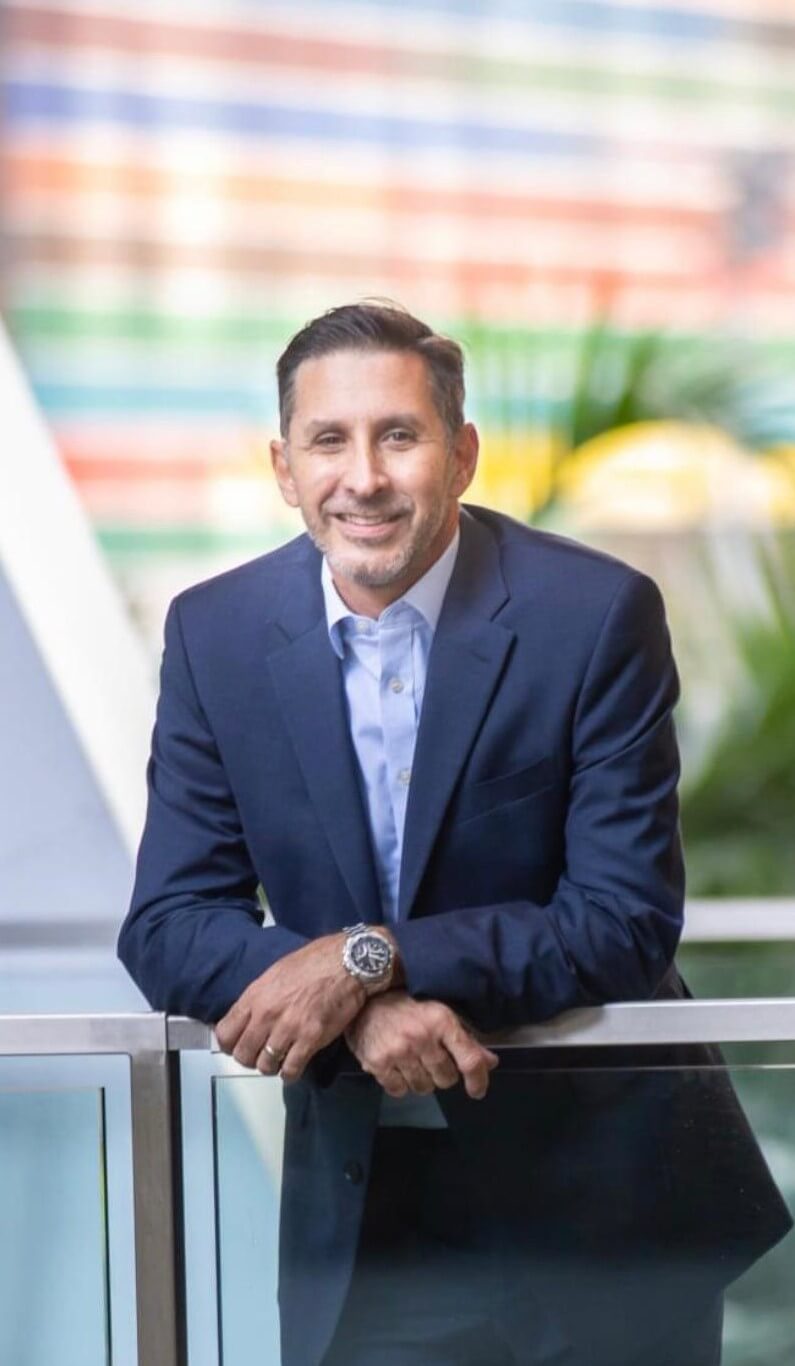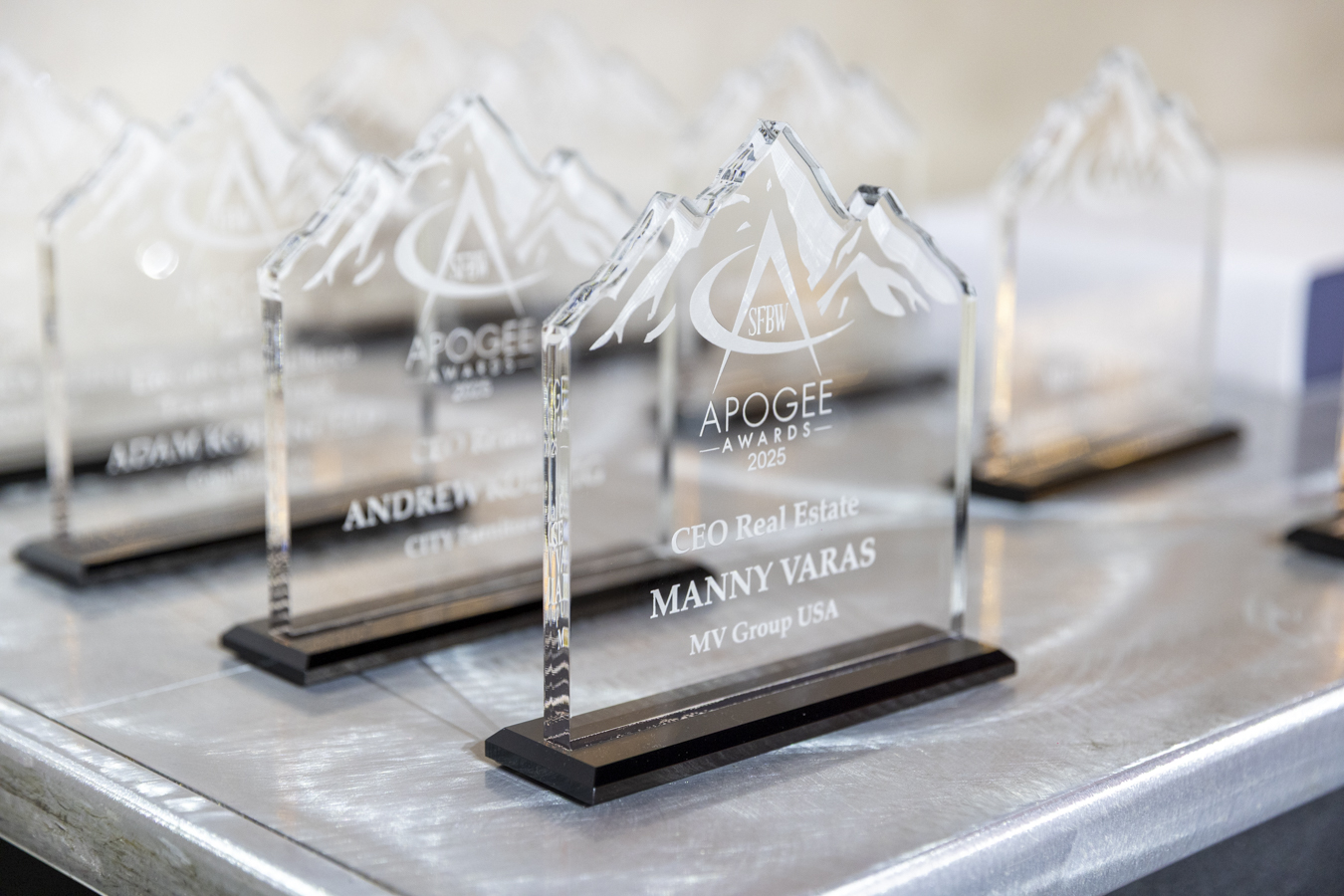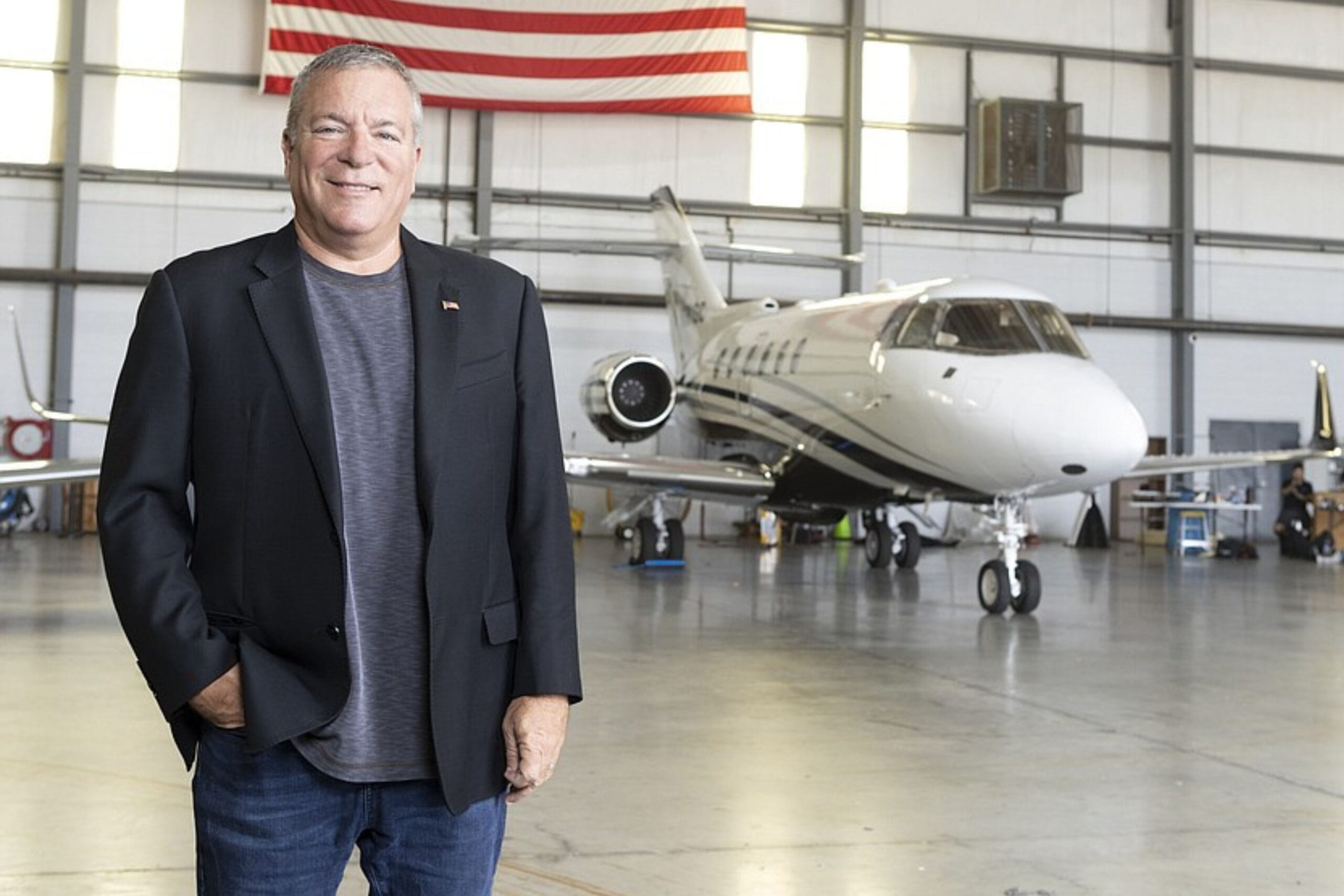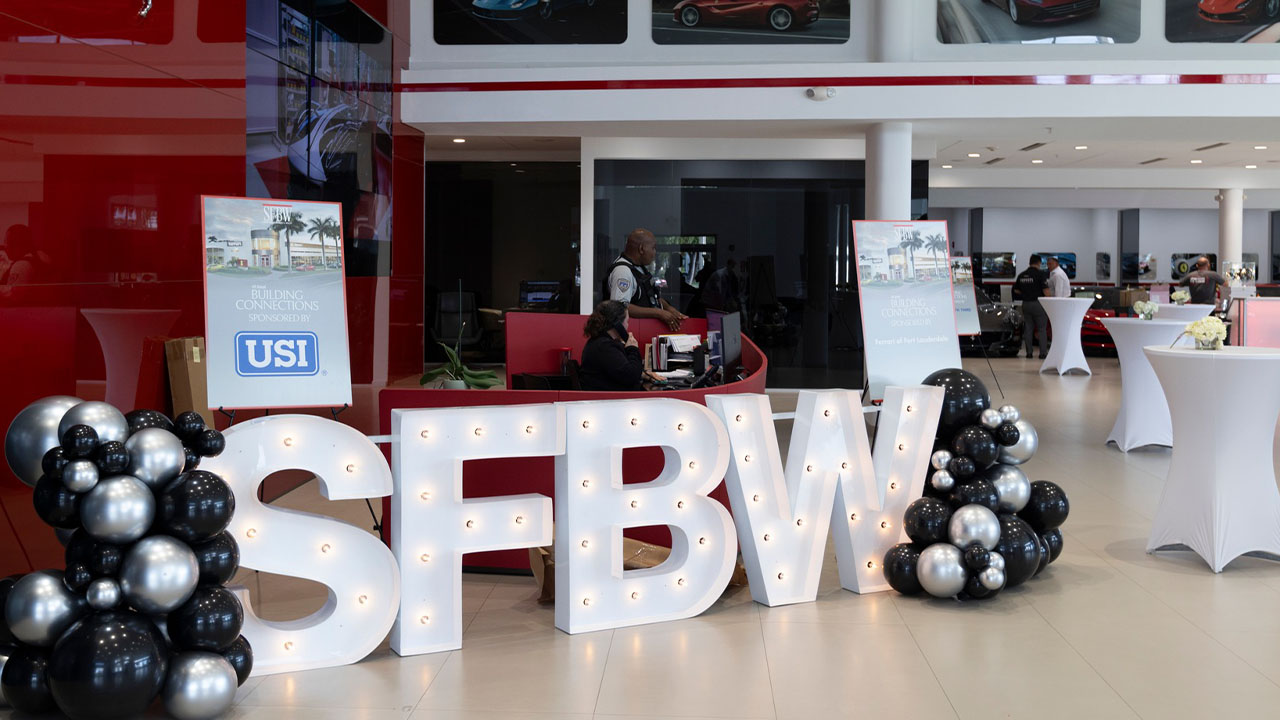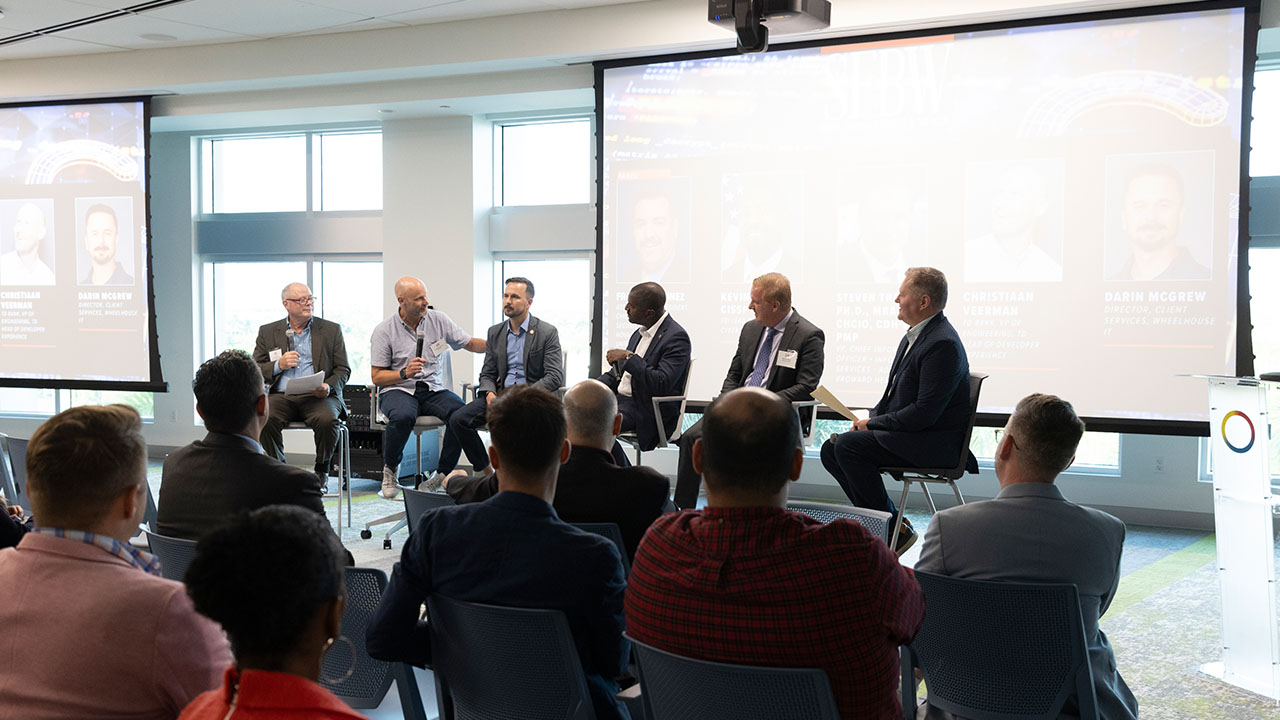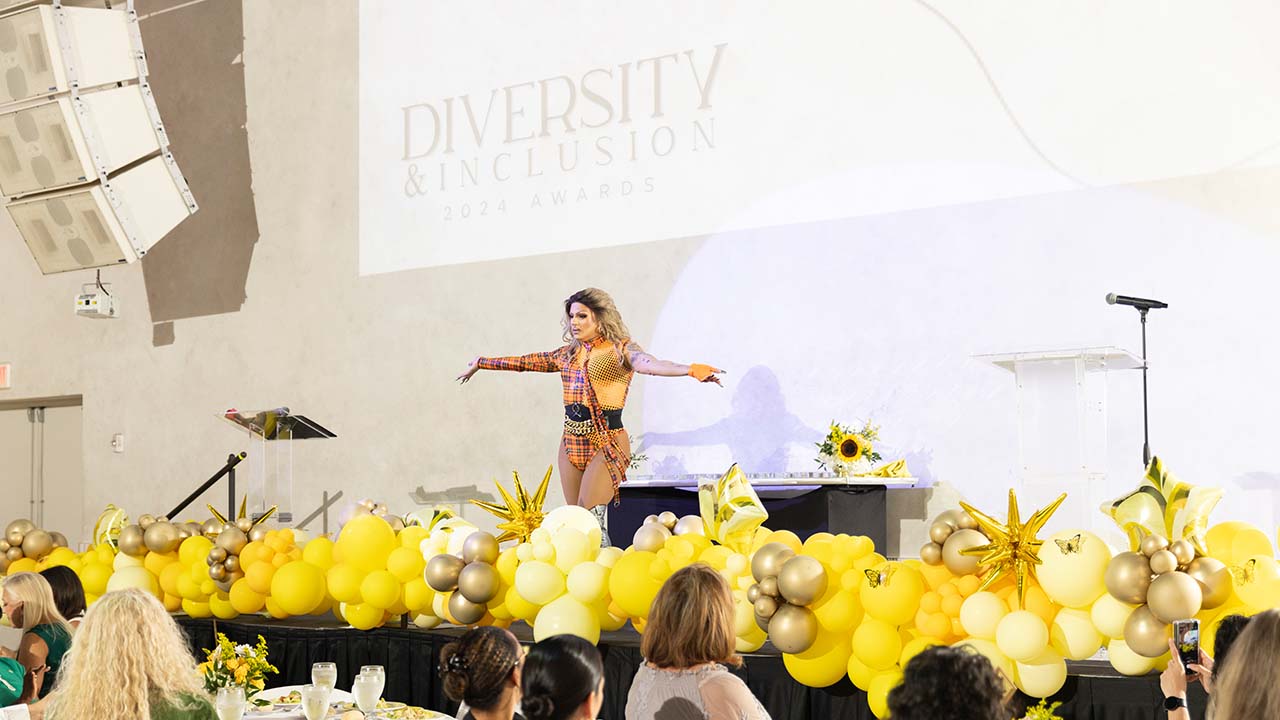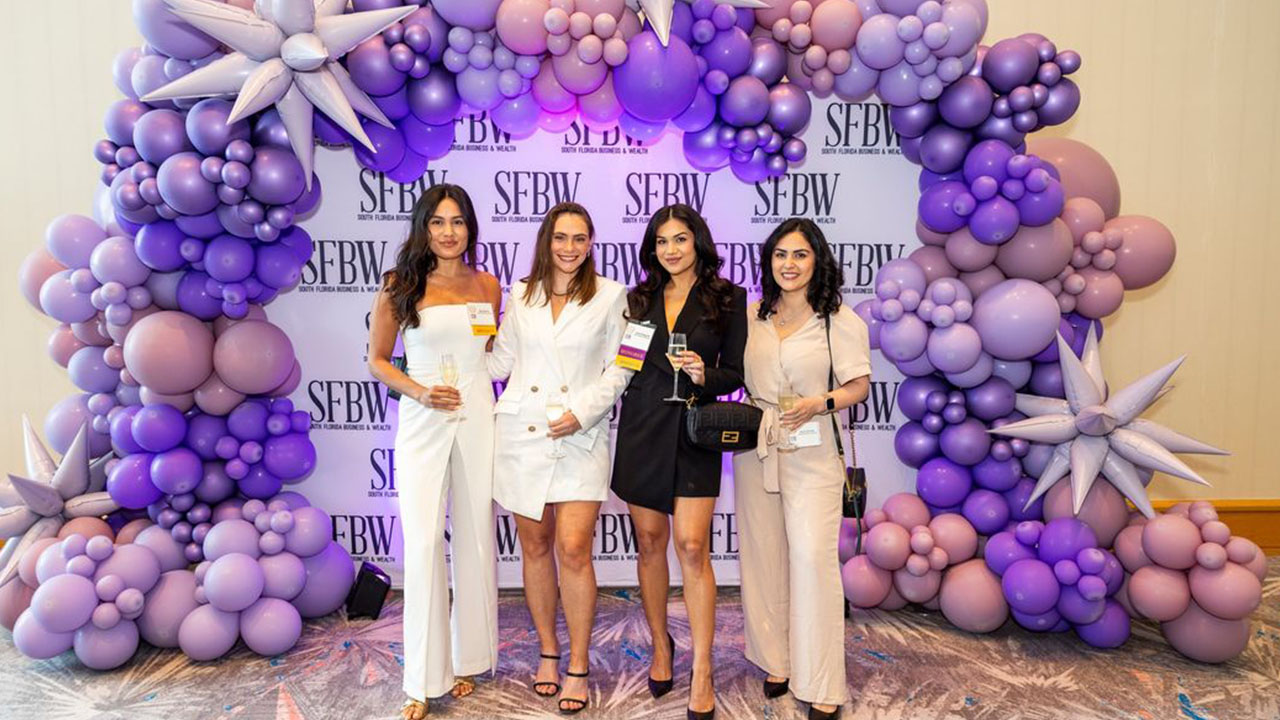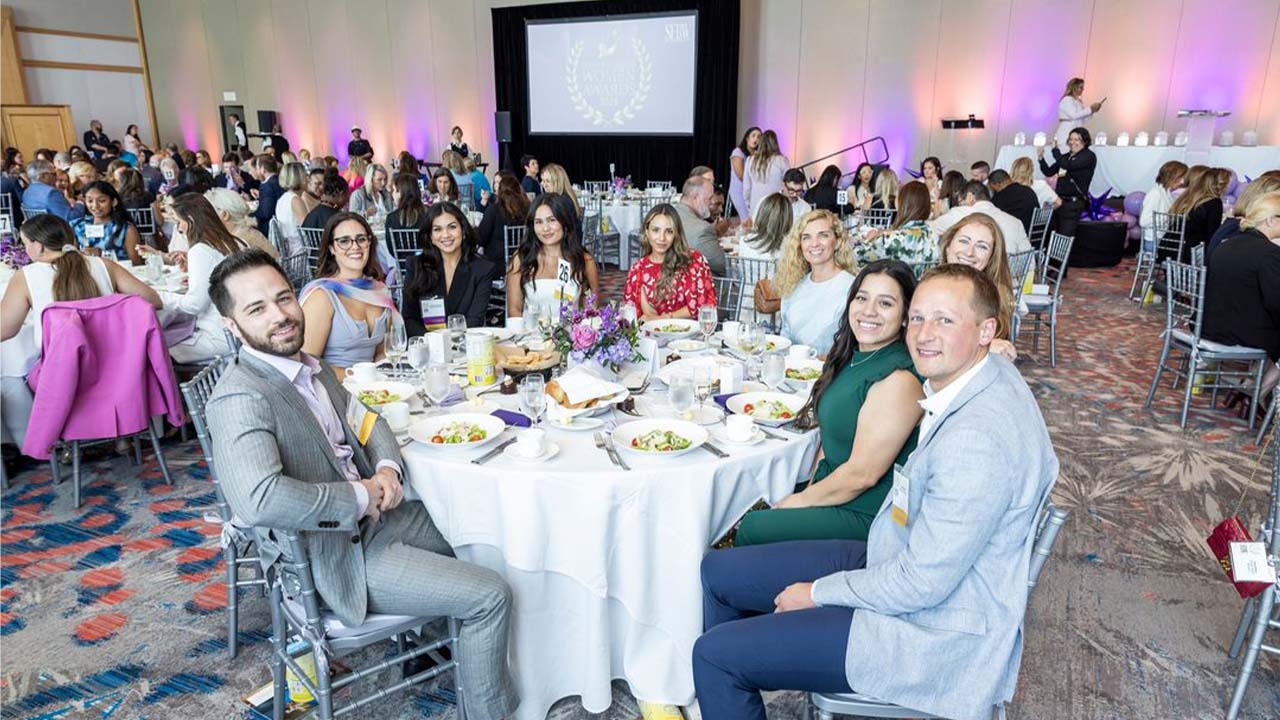Sean P. Kramer has been a prominent fundraising leader for some of the most respected and highly recognized non-profit organizations. With deep roots in Miami and degrees from Florida International University and the University of Miami, Sean maintains a love for helping others. He has three daughters, ages 15, 14 and 12.
Favorite Quote: Don’t let your studies get in the way of your education.
Fun Fact: I enjoy gardening and had at one point over 17 varieties of bananas in my garden.
What challenges have you faced in your career, and how did you overcome them? The greatest challenge I have faced was entering into an organization as first-time CEO in the beginning of the greatest pandemic in 100 years. Learning how to pivot quickly, to adapt to the new reality of the day and building an effective team allowed us to have our best fundraising year in the past 10.
What has been the most monumental moment of your career thus far? As Director of Volunteer Resources for the American Red Cross of Greater Miami & the Keys during 9/11, I was called upon to travel to New York City to assist in the relief efforts at Ground Zero. Five days post 9/11, I traveled on a commercial jet from Ft. Lauderdale to New York. I was the only passenger on the plane. Arriving in New York and understanding our role in helping the firefighters who were working on the still smoldering pile remains one of my most grateful moments of my career. I will be forever thankful that I had an opportunity to help during those very dark days.
How is the healthcare industry important to you personally? Nearly five years ago, I spent the worst week of my life facing the symptoms of Type 1 Diabetes. Understanding that I was in the non-profit space and that this disease affected not just myself but three prior generations in my family, the healthcare industry is of critical importance to me and my family. I work tirelessly to ensure our researchers have the funding they need to find a cure and end this disease for the many millions impacted.
How did the pandemic disrupt your specific role in the healthcare industry, and how did you adapt? Our organization focused on introducing the diabetes community to the amazing work of the researchers at the Diabetes Research Institute. Without the ability for the community to come in and see the work of the team, we immediately began to pivot our operations. We embraced virtual meet the researchers so that people from across the globe could still have access to and understand that the work of the Diabetes Research Institute was more critical now than ever. We modified our communications, expanding to daily team calls. We embraced diversity initiatives through the creation of our Diversity Equity and Inclusion Committee. We ensured that our staff felt connected to the organization and enhanced esprit d’corps through our Sunshine Committee. We revisited policies and procedures to ensure we were operating at maximum efficiency. The pandemic did not slow us down in the least, and we adopted the motto “Hope Isn’t Quarantined” to reflect our focus on finding a cure for diabetes.
What’s the best piece of advice you’ve ever gotten? When I moved into a more senior position in another organization, my new supervisor told me the following, “Remember what you are most passionate about and try to do that at least once a day in your new role.” He would remind me that oftentimes, moving up in an organization meant taking on more administrative duties and less about the day-to-day side of the role that we loved doing. I took that to heart and each day tried to connect with our donors and community. I continue to do that and provide that same advice to my team members. It’s easy to lose sight of what we love when mired in paperwork and meetings. Focus on what gives you passion about coming to work every day.
What do you love most about working in healthcare? Without health, we have nothing. This past year of living through a pandemic has certainly made that point even more evident. Being able to work in an industry where we are providing people with the opportunity to maintain and improve and ultimately cure disease is the ultimate win in life. At the end of the day, you can have all the money, homes, cars you want, without your health to enjoy them, they mean nothing. Working in this space is humbling and reminds me every day to be grateful for what I have and what I’m able to provide to others, hope.


